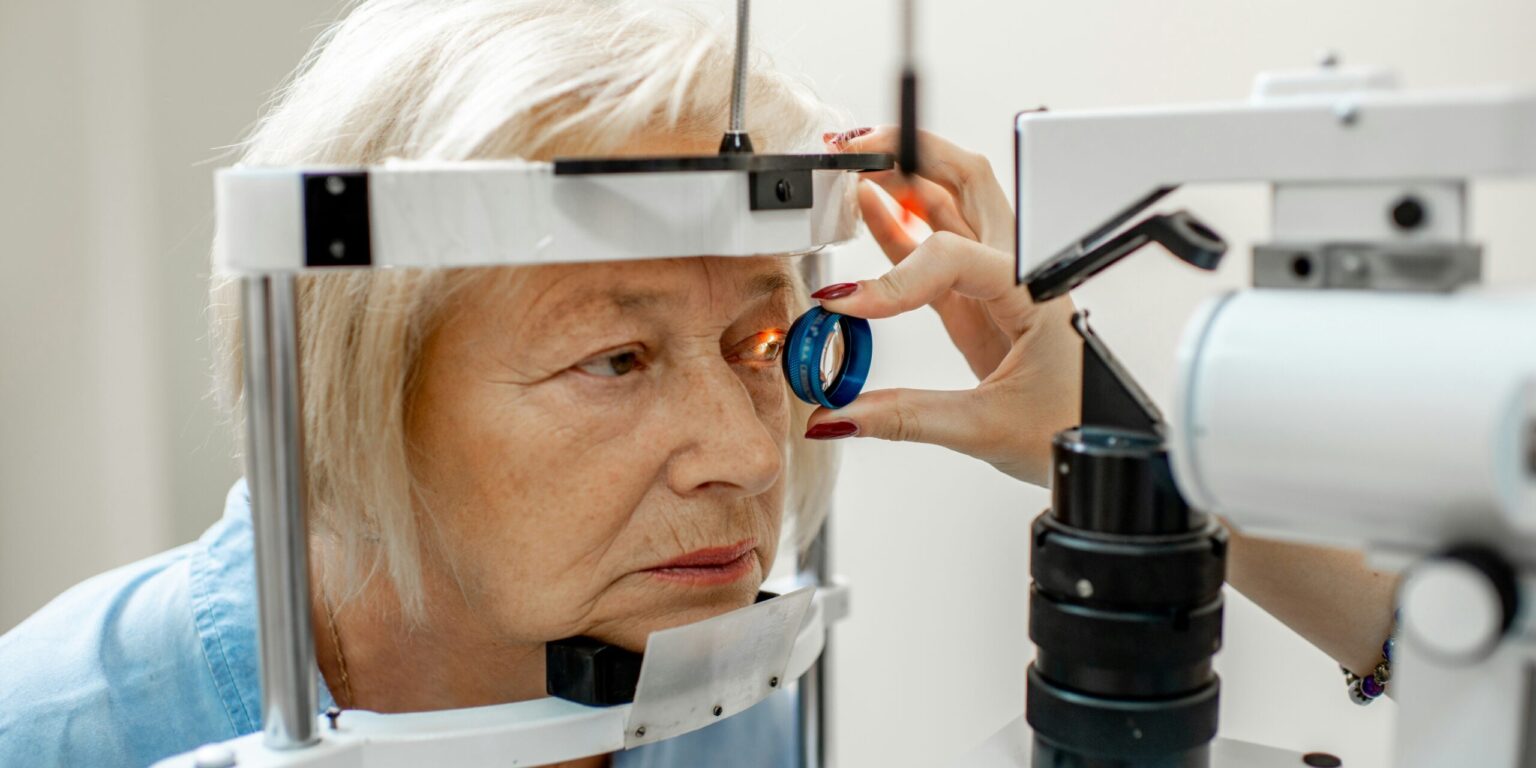A recent study has revealed that individuals with poorly managed diabetes are significantly more susceptible to developing eye diseases, emphasizing the critical importance of maintaining proper blood sugar control to prevent long-term ocular complications.
The research, published in BMJ Open, analyzed data from the English Longitudinal Study of Ageing, encompassing over 8,000 participants aged 50 and above between 2004 and 2019. Findings indicated that individuals with diabetes who failed to maintain adequate glycemic control were more than three times as likely to be diagnosed with eye diseases such as diabetic retinopathy, glaucoma, cataracts, and age-related macular degeneration compared to those without diabetes.
Diabetic retinopathy, a condition resulting from damage to the blood vessels in the retina due to prolonged high blood sugar levels, is a leading cause of blindness among working-age adults. The study’s results underscore the necessity for regular monitoring and management of blood glucose levels to mitigate the risk of such debilitating eye conditions.
In response to the growing prevalence of diabetes-related eye diseases, the NHS has implemented changes to its Diabetic Eye Screening Programme. Starting from October 2023, individuals in England aged 12 and over who have had two consecutive eye screening tests showing no signs of diabetic retinopathy will be offered screening every two years instead of annually. This adjustment aims to optimize resource allocation while ensuring that high-risk individuals continue to receive appropriate care.
The study also highlights the broader implications of uncontrolled diabetes on eye health. Beyond diabetic retinopathy, individuals with poorly managed diabetes are at increased risk for other ocular conditions, including cataracts and glaucoma. Cataracts, characterized by clouding of the eye’s lens, can develop earlier and progress more rapidly in diabetic patients. Similarly, glaucoma, a group of eye conditions that damage the optic nerve, is more prevalent among those with diabetes.
Healthcare professionals emphasize the importance of comprehensive diabetes management, including regular eye examinations, to detect and address eye complications early. Dr. Stephen Jivraj, one of the study’s authors, stated, “Our findings reinforce the critical need for individuals with diabetes to maintain optimal blood sugar levels and undergo regular eye screenings to prevent the onset and progression of serious eye diseases.”
The study’s findings serve as a stark reminder of the interconnectedness of systemic health and ocular well-being. As the global prevalence of diabetes continues to rise, proactive measures in diabetes management and eye care are essential to curb the increasing burden of diabetes-related eye diseases.
